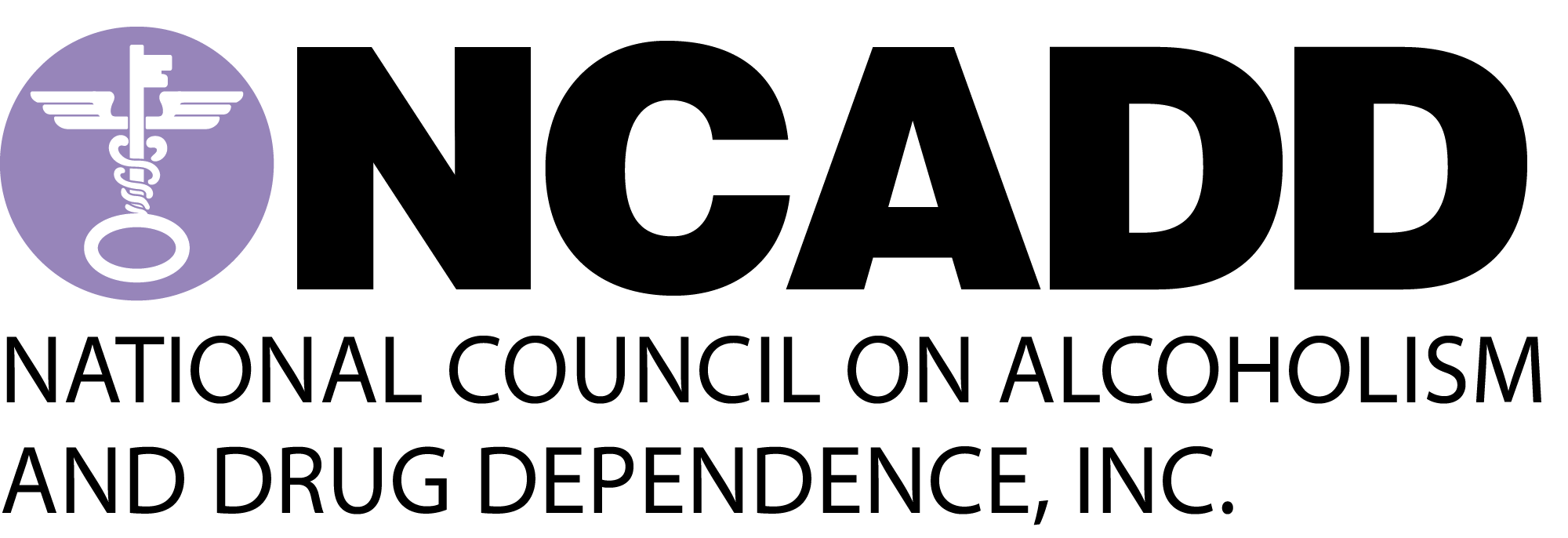When a person has both an alcohol/drug problem and a mental health issue such as depression, bipolar disorder, or anxiety, it is called a co-occurring disorder or dual diagnosis. Dealing with alcoholism or drug dependence is never easy, and it’s even more difficult when you’re also struggling with mental health problems, but there are treatments that can help. With proper treatment, support, and self-help strategies, you can overcome a dual diagnosis and reclaim your life.
In a dual diagnosis, both the mental health issue and the drug or alcohol addiction have their own unique symptoms that may get in the way of your ability to function, handle life’s difficulties, and relate to others. To make the situation more complicated, the co-occurring disorders also affect each other and interact. When a mental health problem goes untreated, the addiction problem usually gets worse as well. And when alcohol or drug abuse increases, mental health problems usually increase too.
Addiction is common in people with mental health problems.
But although substance abuse and mental health disorders like depression and anxiety are closely linked, one does not directly cause the other.
- Alcohol or drugs are often used to self-medicate the symptoms of depression or anxiety. Unfortunately, substance abuse causes side effects and in the long run worsens the very symptoms they initially numbed or relieved.
- Alcohol and drug misuse can increase underlying risk for mental disorders. Mental disorders are caused by a complex interplay of genetics, the environment, and other outside factors. If you are at risk for a mental disorder, drug or alcohol abuse may push you over the edge.
- Alcohol and drug misuse can make symptoms of a mental health problem worse. Using drugs or alcohol may sharply increase symptoms of mental illness or trigger new symptoms. Alcohol and drugs also interact with medications such as antidepressants, anti-anxiety pills, and mood stabilizers, making them less effective.
It can be difficult to diagnose an alcohol or drug problem and a co-occurring mental health disorder such as depression, anxiety, or bipolar disorder. It takes time to determine what might be a mental disorder and what might be a drug or alcohol problem.
Complicating the issue is denial. Denial is common in alcoholism and drug dependence. It’s hard to admit how dependent one is on alcohol or drugs or how much they affect a person’s life. Denial frequently occurs in mental disorders as well. The symptoms of depression or anxiety can be frightening, so a person may ignore them and hope they go away. Or one may be ashamed or afraid of being viewed as weak if the problem is addressed.
Facing the Truth
Just remember: substance abuse problems and mental health issues don’t get better when they’re ignored. In fact, they are likely to get much worse. You don’t have to feel this way. Admitting you have a problem is the first step towards conquering your demons and enjoying life again.
The best treatment for co-occurring disorders is an integrated approach, where both the substance abuse problem and the mental disorder are treated simultaneously.
Whether your mental health or substance abuse problem came first, recovery depends on treating both disorders.
